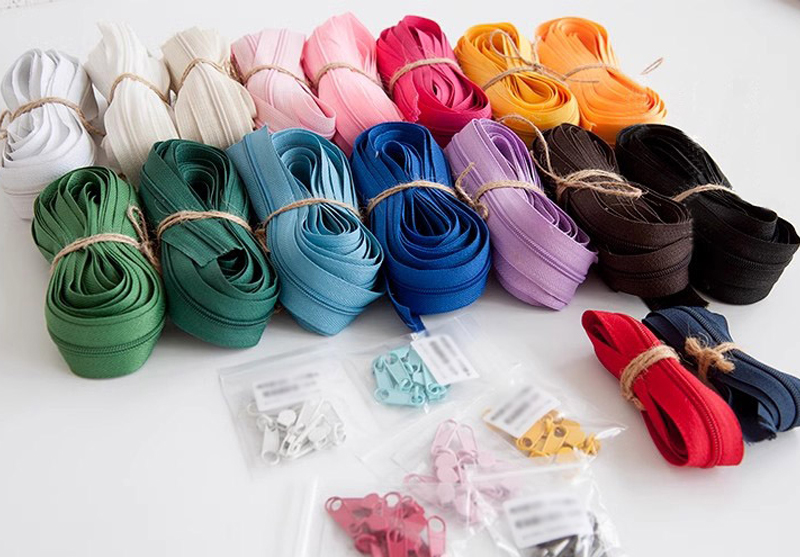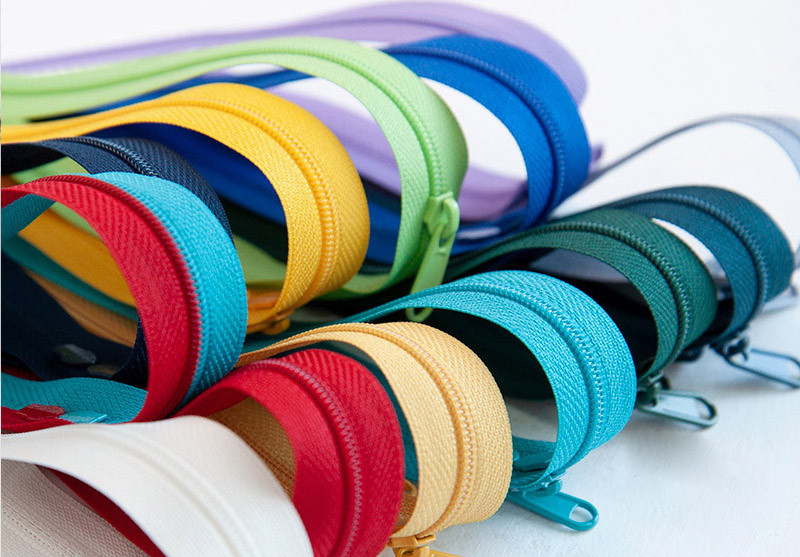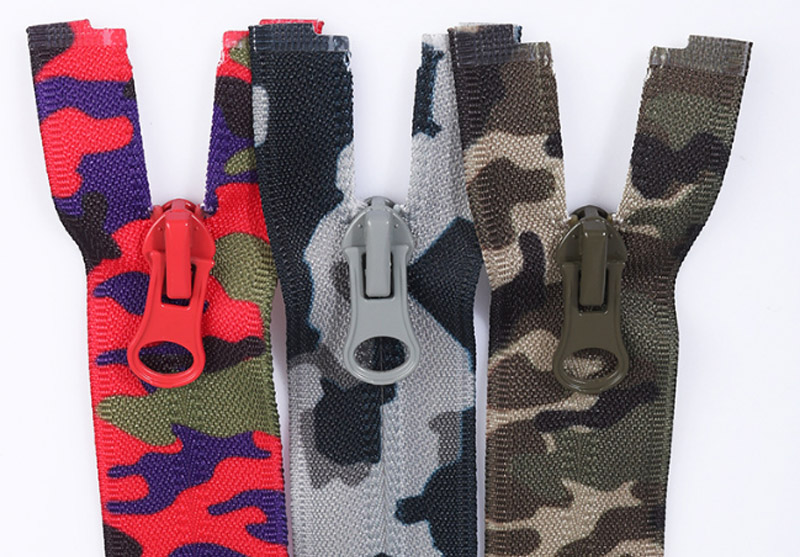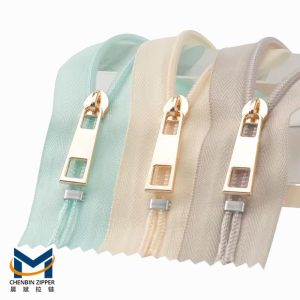Zippers, an indispensable component in the fashion industry, have revolutionized the design and functionality of garments. Since their invention in the early 20th century, zippers have evolved from mere fasteners to essential elements in modern apparel design. This article delves into the various applications of zippers in the apparel industry, highlighting their significance, versatility, and impact on fashion trends.
Historical Overview
The zipper was invented by Whitcomb L. Judson in 1893, but it was not until Gideon Sundback’s improvements in 1913 that the modern zipper came into existence. Initially used for boots and tobacco pouches, zippers gradually entered the clothing industry. By the 1930s, they were prominently featured in children’s clothing, making dressing more convenient. The widespread adoption of zippers in adult fashion soon followed, marking a significant shift in garment construction.
Functional Applications
1. Ease of Use and Convenience
One of the primary reasons for the popularity of zippers in clothing is their ease of use. Zippers allow quick and effortless fastening and unfastening, a feature particularly appreciated in everyday wear. From trousers and jeans to jackets and dresses, zippers provide a practical solution that buttons and hooks cannot match.
2. Secure Fastening
Zippers offer a level of security that other fastening methods do not. They ensure that garments stay securely fastened, which is significant in activewear, outerwear, and children’s clothing. This reliability makes zippers the preferred choice for Apparel, such as sports jackets, windbreakers, and raincoats.
3. Structural Support
In addition to fastening, zippers can also provide structural support to garments. For instance, in corsetry and fitted dresses, zippers help maintain the shape and fit of the clothing. They offer a sleek, seamless finish that enhances the garment’s overall aesthetic.
Aesthetic Applications
1. Decorative Elements
Zippers have transcended their utilitarian role to become indispensable components of modern fashion. Designers often use zippers as decorative elements to add a modern, edgy look to clothing. Exposed zippers, contrasting zipper tapes, and unique zipper pulls can transform a simple garment into a fashion statement.
2. Versatility in Design
Zippers provide designers with the flexibility to create innovative and versatile designs. Reversible zippers, for instance, allow garments to be worn in multiple ways, adding value and variety to the piece. Additionally, double zippers enable adjustable openings, giving wearers control over the garment’s fit and style.
3. Customization Options
Customized zippers with different colors, materials, and finishes allow designers to tailor their creations to specific themes and trends. Metal zippers can give a rugged, industrial feel, while plastic or nylon zippers offer a lightweight and sleek appearance. This customization enhances the overall look and feel of the garment, making it unique and appealing to consumers.
Technological Advancements
Recent advancements in zipper technology have further expanded their applications in the apparel industry. Waterproof zippers, for instance, have become essential in outdoor and performance wear. These zippers prevent water from penetrating the garment, keeping the wearer dry and comfortable. Additionally, invisible zippers have gained popularity in high-fashion and formal wear, providing a clean, unbroken line that enhances the garment’s elegance.
Sustainability and Ethical Considerations
The fashion industry’s growing focus on sustainability has also influenced zipper manufacturing. Companies are now producing zippers using recycled materials, reducing the environmental impact of their products. As concerns about garment disposal grow, zippers are gaining attention as a sustainable alternative.
Impact on Fashion Trends
Zippers have played a pivotal role in shaping fashion trends over the decades. In the 1980s, the punk and rock ‘n’ roll movements promoted the zip as a bold, eye-catching element of clothing. This trend continues today, with zippers to convey a sense of rebellion and individuality. In contrast, the minimalist fashion movement has embraced invisible zippers to maintain clean lines and simplicity in design.
1. Streetwear and Casual Fashion
Streetwear has particularly embraced zippers, incorporating them into hoodies, jackets, and pants to enhance style and functionality. The versatility of zippers allows for practical features like adjustable ventilation and convenient pocket access, which are valued highly in streetwear designs.
2. High Fashion and Couture
Zippers have become a canvas for designers to create bold, avant-garde fashion statements. Designers often experiment with unconventional zipper placements and sizes, pushing the boundaries of traditional garment construction. This innovative use of zippers adds an element of surprise and creativity to high fashion collections.
Conclusion
Zippers have undoubtedly become a fundamental component in the apparel industry, offering a blend of functionality, versatility, and aesthetic appeal. Zippers have become essential design elements, influencing everything from everyday fashion to high-end couture. As technology advances and sustainability becomes increasingly important, the future of zippers in fashion looks promising, with endless possibilities for innovation and creativity.
crucial role in garment construction and design. As technology advances and sustainability becomes increasingly important, the future of zippers in fashion looks promising, with endless possibilities for innovation and creativity.










